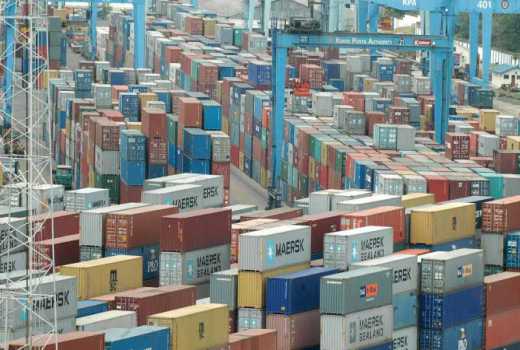×
The Standard e-Paper
Stay Informed, Even Offline

Pakistan has become Kenya’s largest export market even as trade with the country’s East African neighbours continues to falter.
The value of exports to the Far East nation went up by 69 per cent from Sh40 billion recorded in 2016 to Sh64 billion last year, boosted largely by tea, Government data shows.